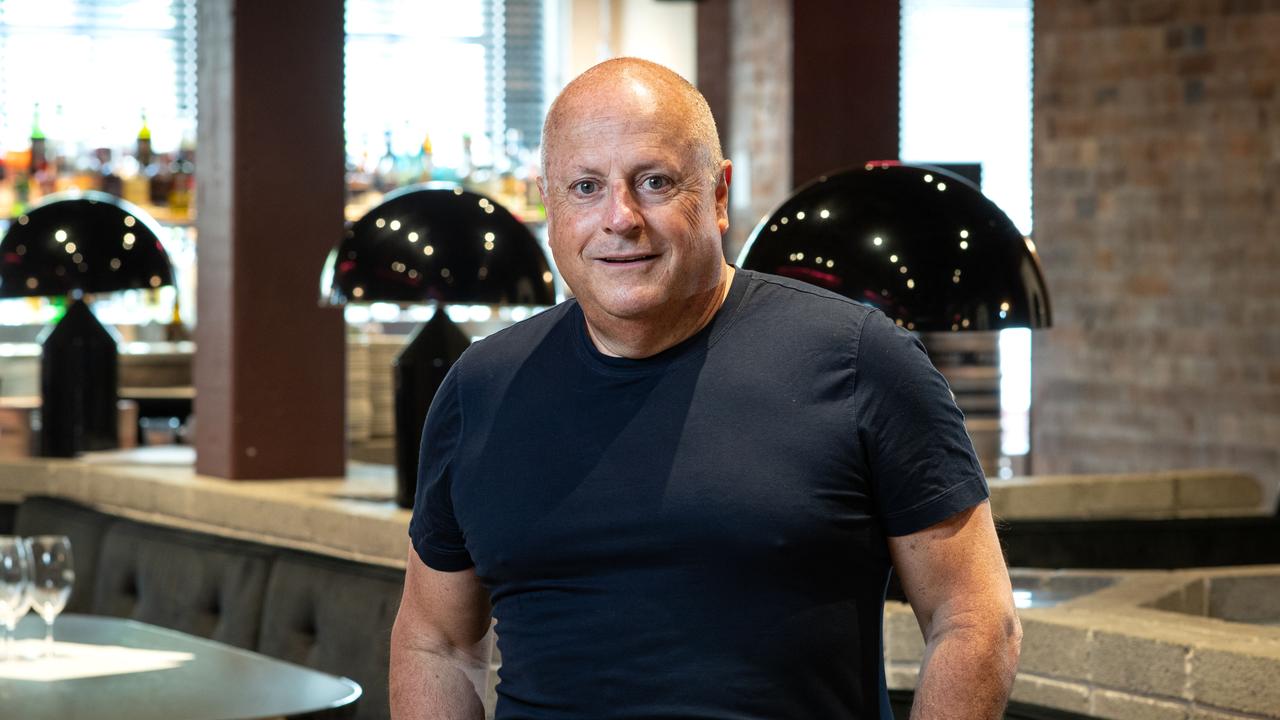Boomer budgets: not all retirees are living it up
Retirees aren’t saddled with the backbreaking mortgages their kids are lugging around, but not everyone of a certain age is splashing the cash.

Business
Don't miss out on the headlines from Business. Followed categories will be added to My News.
As young and middle-aged Australians battle the cost-of-living crisis, Boomers are out spending like there’s no tomorrow. Or are they?
Sure, retirees and pre-retirees aren’t saddled with the backbreaking mortgages their kids are lugging around, so naturally their bank balances would be healthier. But, not everyone of a certain age is splashing the cash, it seems.
Indeed, a new report from retirement living operator Keyton has found two thirds of Aussie retirees are concerned about the increasing cost of living, and more than half — 53 per cent — are being more careful with their spending.
All up, three quarters of those who are more worried about the cost of living are being more frugal, Keyton found following its latest annual survey of retirees.
What’s more, those with a partner or who are married are likely to be more careful with their spending than singles.
The survey found over 70 per cent of people who don’t live in retirement villages are feeling the pinch. (Keep in mind Keyton, which commissioned the report, is a retirement village operator.)
By contrast, those living in a retirement village or who own their own home outright are the least likely to be concerned about the cost of living, the survey found.
“On a financial front, the report indicates that people living in a retirement village are less worried about cost of living pressures,” said Keyton CEO Nathan Cockerill.
“One of the reasons for this is many of the wellbeing and lifestyle facilities are part of the retirement village experience. There are no other incremental costs to pay such as pool or gym memberships.”
Ageing in place or city boomer
The concept of “ageing in place” has grown in popularity in recent years, according to KPMG urban economist Terry Rawnsley.
“You might be 65, pretty sprightly and you move into the independent living part of a village. And then you look across the road and there’s the assisted living part, with all the different services that you need if you stay another 20 years.”
This suits people who don’t want to keep moving place to place, he says.
But not everyone wants to live in a retirement community. There’s a growing trend among the grey army — at least among those who can afford it — to seek out city life.
“We’re seeing now that people are less likely to make that move down the coast, and the cohort entering retirement now, they seem to be pretty keen to have the inner city lifestyle,” Mr Rawnsley says.
“In the city they have cafes and bars, their social networks, but also it’s where there’s easy access to healthcare services.”
Shift in spending
Financial adviser Ben Calder of Calder Wealth Management agrees there has been a shift in spending habits among retirees. From his perspective, it’s not that they’re spending less but there’s been a change in where the money goes.
“We’re seeing the baby boomer retiree generation look to assist their kids and their grandkids more with costs. They’re still travelling and doing cruises and all that but we’re definitely seeing them pushing money down to the next generation a lot more than we saw five years ago,” Mr Calder said.
While Keyton’s findings show some retirees are tightening their belts, that’s not necessarily reflected across the market. Westpac boss Peter King this week cautioned on the new two-speed economy pitting young against old in the inflation fight.
“Young people are really doing it the hardest, and also those who have the lowest savings are doing it the hardest,” he told The Australian.
“We used to talk about the two-speed economy with the mining states and the non-mining states. I think we’ve got a two-speed economy (with) those who are really hurting from interest rates and inflation versus those that are not. And so that inequality between age groups is the one that continues to attract my focus.”
Interesting to note that Westpac, ANZ and NAB have just announced they will hand billions of dollars to shareholders — many of which would be retirees — in the form of buybacks and dividends. So putting more money in their pockets right at the moment younger generations are desperate for their elders to stop spending.
New research from Canstar shows just how tough life has become for younger and middle-aged Australians: nearly half of mortgage holders in Australia are now contemplating drastic measures to cope with higher home loan repayments, including selling their homes and personal belongings.
“Even though the banks report only a relatively modest increase in home loan arrears, the strain of higher rates is taking its toll on a group of borrowers, Canstar’s finance spokesman Steve Mickenbecker said.
“Repayments rising by 62 per cent coupled with high inflation creates a big enough event for many borrowers to trigger a response like selling assets to make ends meet. This is especially true for those who bought for the first time in the last four or five years,” he said.
More Coverage
Originally published as Boomer budgets: not all retirees are living it up




